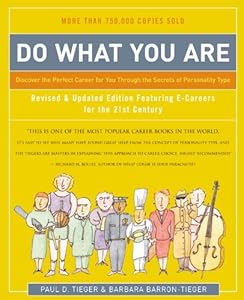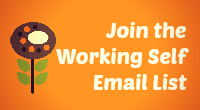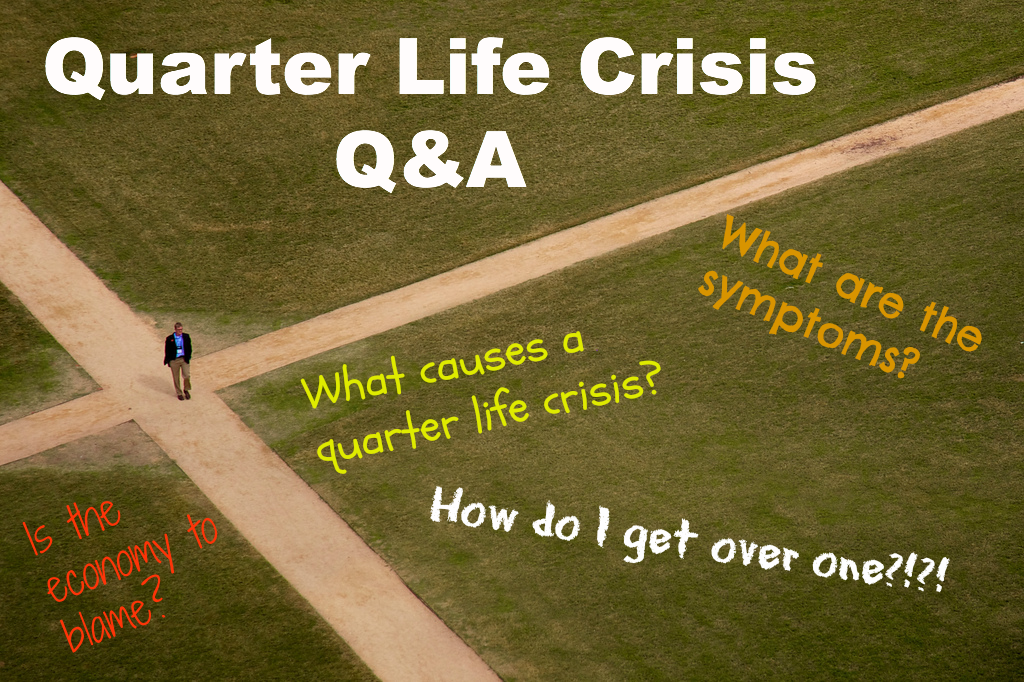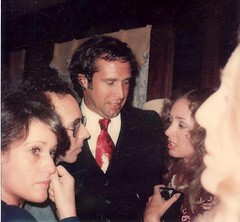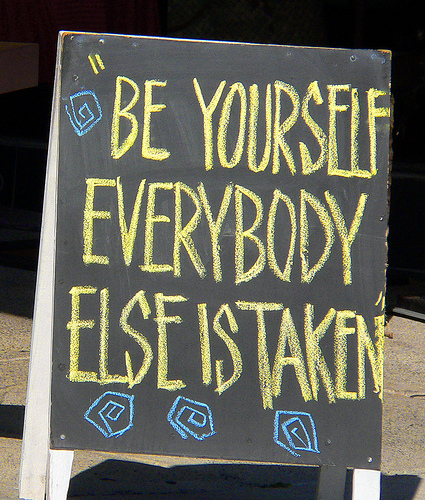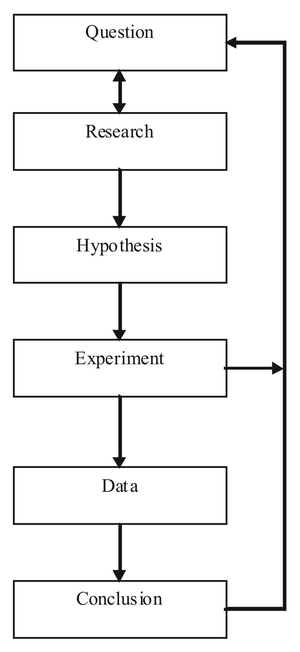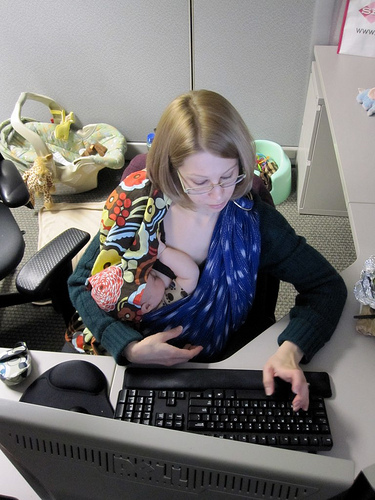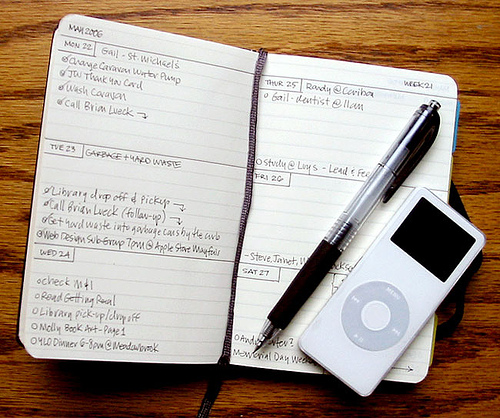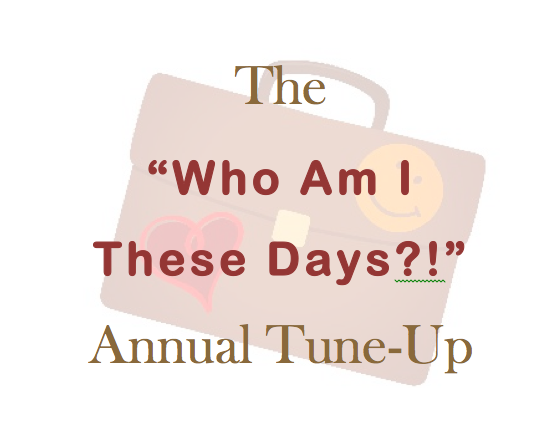We're obsessed with shipwrecks. The Titanic alone takes up more than its fair share of square footage in our minds, and it's been a century since that icy night.
Where does this obsession come from?
Here's one guess: self-recognition.
The Metaphorical Shipwrecks
In her recent book Shipwrecked in L.A.: Finding Hope and Purpose When Your Dreams Crash, Gettysburg College professor Christin Taylor uses shipwrecks as her central metaphor:
"Shipwreck is the metaphorical coming apart, the crash that rips through the very fabric of our identities. Everything we have thought about ourselves, our lives, our futures, even our faith, suddenly comes apart beneath us, and we are left scrambling, trying to put together any type of lifeboat to make it to shore. These shipwreck experiences can be large or small, and we can hit more than one shipwreck during college and beyond." - Christin Taylor, Shipwrecked in L.A.
Although shipwreck experiences can occur at any point in our lives, they're especially common in the twenties when we first test out our dreams and identity.
All too often, our maiden voyages crash against the hard rocks of reality:
- The world isn't waiting for us to make a difference.
- There aren't fulfilling jobs waiting on every corner.
- We'll never have it "all figured out."
- We're not special after all.
How We Set to Sea
Before we can discover these realities, however, we have to set out to sea.
Compelled by society and the our passing birthdays, we undertake our first fully independent acts: finding jobs, apartments, relationships, and a lifestyle all our own.
In the twenties, though, nothing is truly "all our own."
We like to think we're finally independent, but the influence of our parents looms large. (I've yet to get through a coaching session without a twentysomething client mentioning mom or dad!)
Taylor points to work by scholar Marcia Baxter Magolda to explain our parent-centric perspective:
"We each have a voice around us that informs our sense of the world, which [Magolda] calls the 'external influences that shaped you as an adolescent.' These external influences form a basic foundation for the way we view life as we step out into college and life beyond, helping us decide who we want to be and what our purposes in life will be. These come from our families, friends, and mentors and are the voices inside our heads guiding us and influencing each decision we make. The beauty of all these voices and expectations is that they form the first “ship” that keeps us afloat on the sea of life...We take with us the maps and navigating systems that guided our families’ or caregivers’ boats. We know these maps; we’re familiar with them, so they are our first lifeline. It’s not until we hit storms that we begin to rethink exactly how these maps and compasses work and whether they work for us at all. " - Christin Taylor, Shipwrecked in L.A.
Developmental psychologists call the process of rethinking our inherited "maps" individuation. Through it, we gradually become separate individuals with stable personalities and goals that may or may not match those of our parents.
To say that this process can be painful is an understatement and a half.
And no wonder: since birth, we relied on our parents to support, guide, and care for us. Breaking from their expectations - however benign or benevolent they may be - can feel like a betrayal, both to us and to them.
Or, put differently, it can feel like being washed up on the shores of an unknown land.
Emerging from Shipwreck
To emerge successfully from the "shipwreck" process, we need some help from someone or something beyond our family.
Taylor points to research by psychologist Nevitt Sanford, who found that "every society sprouts up institutions beyond the family unit to help develop a person’s identity. He says, 'It is as if the society understands implicitly that it cannot leave the development of the individual personality to natural maturation.'"
These institutions include colleges, graduate programs, military settings, churches, psychotherapeutic and coaching relationships, and corporate mentorship programs.
For many of us, these "rescue vessels" don't appear naturally in our lives. We have to go and seek them out.
Finding one is well worth the effort. With the help of institutions that help us draw new maps, we find a fresh path forward:
"The journey out of shipwreck is the journey of coming home. If it were not for the cold waters of pain and chaos that shipwreck plunges us into, we would never reevaluate the faulty presuppositions we’ve had about the world and ourselves. We would never be forced to sift through the dead weight of our identities. Shipwreck shatters us, so that we are forced to pick through the rubble, to see clearly what no longer works, and find what has been a part of our being all along." - Christin Taylor, Shipwrecked in L.A.
The Beauty of Shipwreck
As someone who has experienced her twentysomething shipwreck and watched countless others hit their own, I can attest that it's a lonely, challenging phase.
It's also completely necessary.
If we forever rely on the maps of others - the expectations, goals, and "shoulds" passed down to us implicitly and explicitly - we never get to doing the work that holds meaning for us.
Lasting happiness is something for which we'll constantly struggle, relying on passing pleasures to fill the void rather than trusting in the resonating power of deep, grounded fulfillment.
Most importantly, the work that will make a genuine difference beyond ourselves remains undone, replaced by work that someone else wants us to be doing.
When we instead choose to accept the shipwreck process, actively seek out supportive institutions as we run aground, and then set sail anew, our lives take the form we'd always hoped for them.
"What’s the net gain of this pilgrimage home? The world gets bigger, and we grow with it. And though we would never wish to go through the pain of shipwreck again, though the gain does not nullify the pain, we also wouldn’t trade this newfound sense of the world around us and ourselves. We are grateful for the more nuanced view we now have of the world. The ground feels firmer and the horizon looks brighter." - Christin Taylor, Shipwrecked in L.A.



























